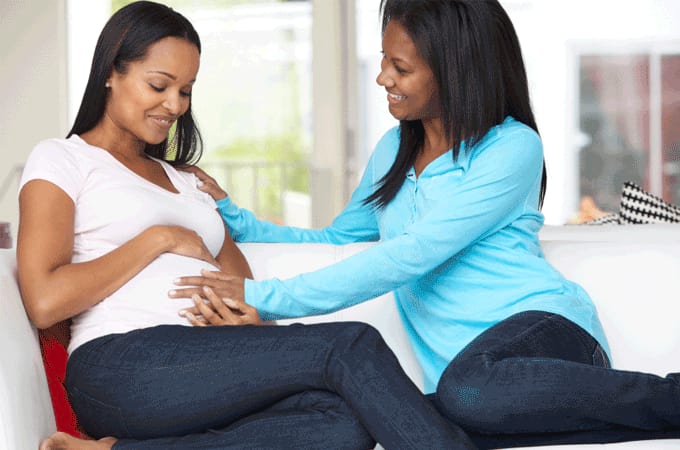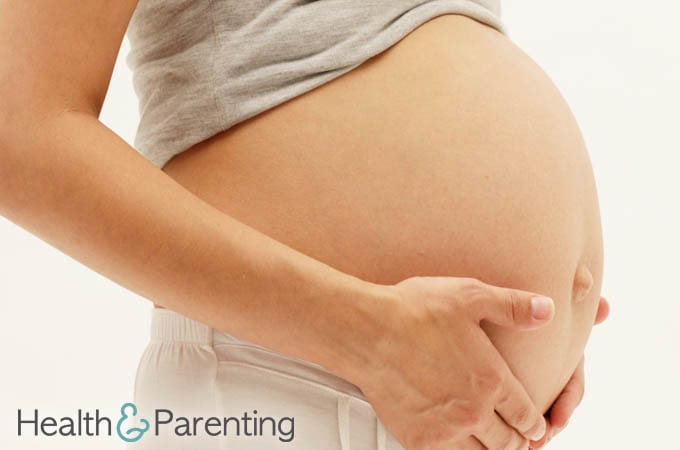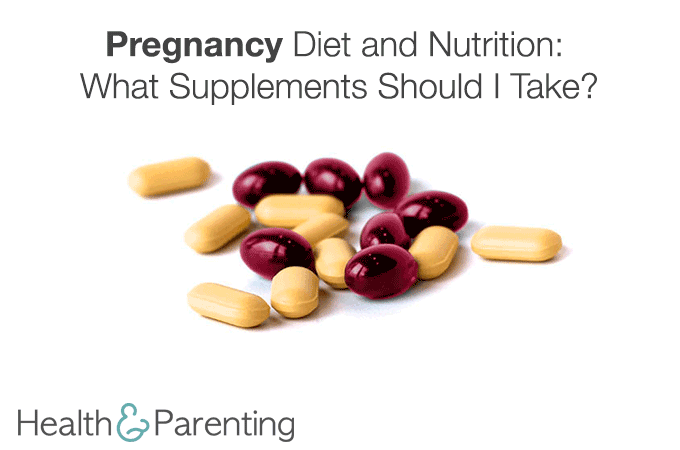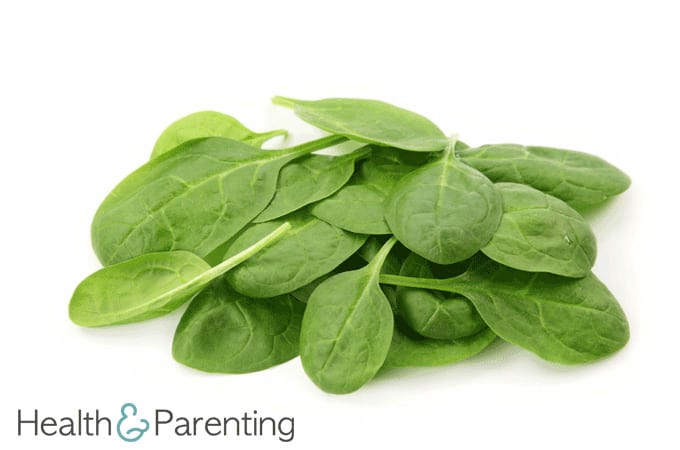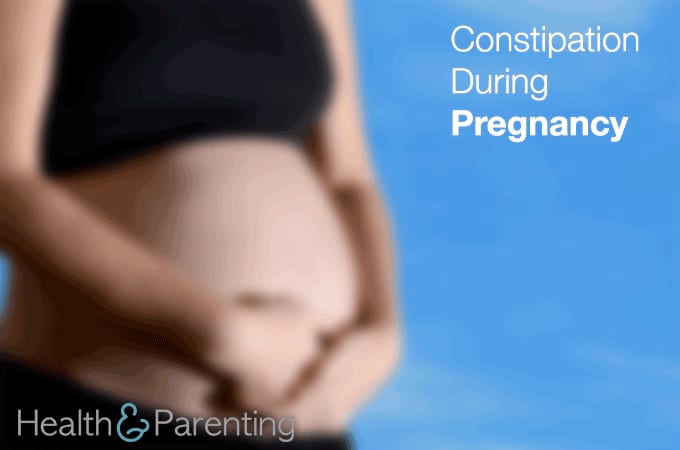Most people encounter changing friendship groups throughout their lives. You make and lose friends as you move schools, jobs and homes. You may also be noticing, however, that your friendships are changing now that you are pregnant.
If you are the first to fall pregnant in your peer group, you may be feeling left out. As they continue going out for cocktails, dating and planning their latest exotic holidays, you may feel out of place. If your mind is filled with baby names, breastfeeding tips and childbirth worries, you may worry that you have little in common with your old friends.
Just because you’re enjoying different life stages doesn’t mean you have to stop being friends. Here are some tips to help you stay connected with your friends during pregnancy and motherhood:
1. Keep in touch – If you’re struggling with pregnancy symptoms, it’s easy to skip social events for another night on the sofa. If you want to keep friends, you have to invest time in the friendship, and this means staying in touch. While you may not feel up to meeting up as often, especially when pregnancy fatigue kicks in, you can still make time for a catch up over the phone.
2. Meet up – just because you’re no longer able to drink and dance the night away, doesn’t mean you have to stay home alone. Why not organise a quiet evening drinking cocktails (better make yours a mocktail) together, or an old fashioned girly sleepover? Explain to your friends that while you don’t feel up to a bar crawl, you’d still love to spend time with them, and suggest suitable activities.
3. Lip service – the pregnancy, birth and motherhood are probably consuming your every waking thought, but try to talk about other things too. It’s understandable that your childless friends might find thirty minutes discussing car seats a bit of a stretch.
4. Show an interest – during pregnancy, it can feel as though nothing else really matters, but try to remember that not everyone feels that way. While you may be focused only on your developing baby, your friends are still busy living their lives. Make sure you ask them plenty of questions about what they’ve been up to, and that they know you are interested in how they are.
5. Be honest – honesty is always the best policy. If you can’t do something, be honest about why not. Ask for the same in return. If your friend is struggling with the news of your pregnancy – perhaps because she is worried about losing you as a friend, or because she is trying to conceive herself – talk about it. By airing concerns, and responding honestly and sensitively, you can help to heal any cracks developing in your friendship.
6. Try not to worry – you may worry that your friends see you as ‘boring’ now that you’re pregnant, but chances are they’re just as excited as you about a baby joining the group. Try not to feel self-conscious when asked about how you are – be honest. Moan about your pregnancy symptoms, explain the stresses of buying baby things, and your worries about the birth.
7. Expand your circle – it’s always great to have friends who are in the same life stage as you, so try to meet other pregnant women. Prenatal classes are a great way to meet other expectant parents in your local area. You will support each other through 3am feeds, diaper rashes and bouts of teething – and these new friends will become a lifeline. Stay close to your old friends, but it doesn’t hurt to make new ones too.
Have you experienced changing friendships during pregnancy?
Written by Fiona (@Fiona_Peacock), mother, writer and lover of all things baby related.
This information is not intended to replace the advice of a trained medical doctor. Health & Parenting Ltd disclaims any liability for the decisions you make based on this information, which is provided to you on a general information basis only and not as a substitute for personalized medical advice. All contents copyright © Health & Parenting Ltd 2018. All rights reserved.

